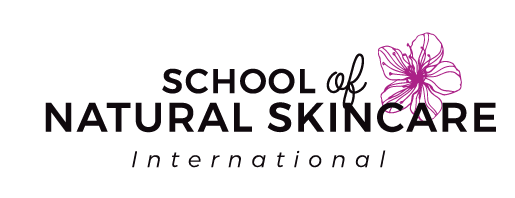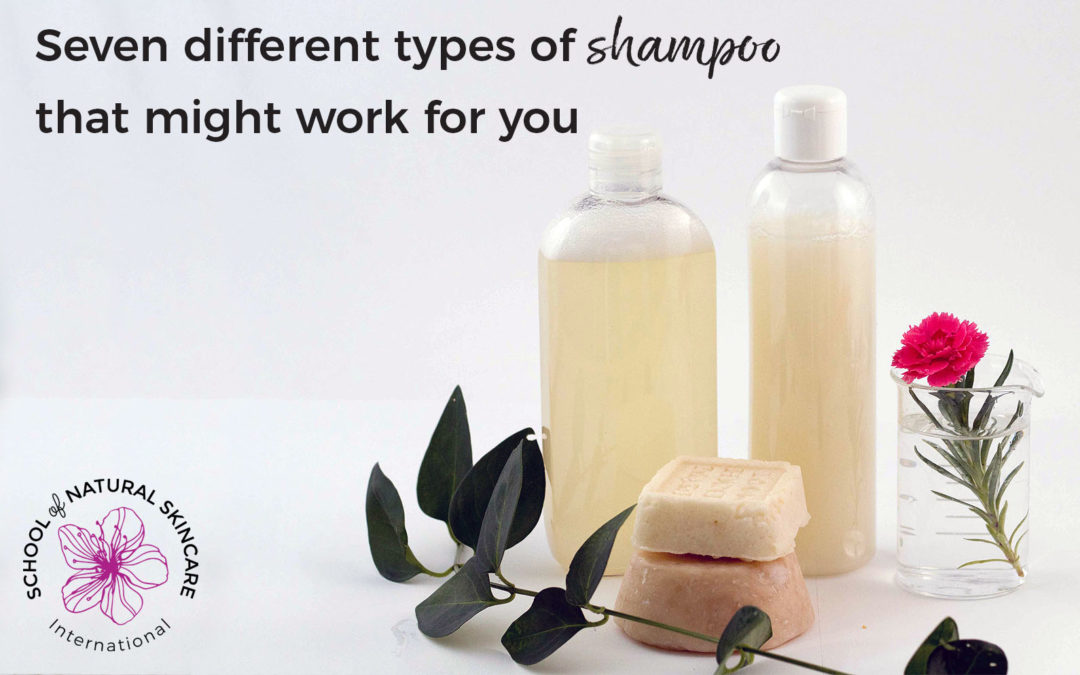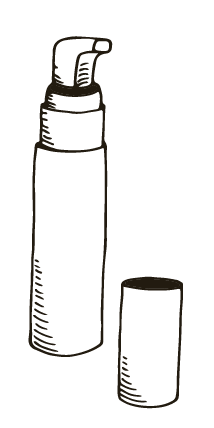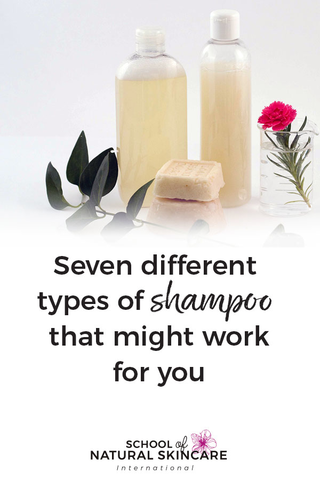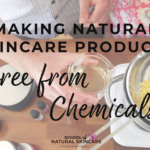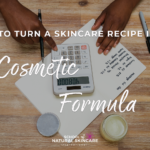Finding a shampoo that works for you, and keeps working, can be a struggle. It’s frustrating to feel like you have to compromise on your values, or try multiple products that don’t quite meet your hair’s needs. We’ve shared before how common this is for many of our students, and why it’s one of the reasons they are drawn to formulating their own shampoo instead.
One of the biggest reasons why we think people struggle to find the proper shampoo is because there are actually so many different kinds to choose from, and each type has its own benefits and potential drawbacks. This means that even a perfect shampoo that your friend recommends might not be perfect for your hair. With an understanding of different types of shampoo, you can help choose one that meets your needs—and maybe even get started on your journey to making them for yourself!
Regular Shampoo
A regular shampoo is simply a shampoo that is the most common template for formulation. Regular shampoos are intended to be used about every three to four days, and may or may not contain a very small amount of conditioning ingredients. Regular shampoos can be formulated for dry, normal, or oily hair, and simply remove dirt and sebum, and any styling products from the hair and scalp. They usually contain around 10–15% total active matter, and may also contain a variety of active ingredients that can be soothing, volumizing, fortifying, and so forth.
Daily Use Shampoo
A daily use shampoo is, as one might suspect from the name, meant to be used every day. Since they are used every day, the goal is a more gentle cleansing, which means they often contain far fewer surfactants (the ingredients that are responsible for cleaning) when compared to a regular shampoo. They are a good choice for people with fine or dry hair. They usually contain around 7–10% active matter, and—like regular shampoos—may or may not have a small amount of conditioning agents in them.
Conditioning / 2-in-1 Shampoo
A conditioning shampoo, sometimes called a 2-in-1 shampoo, typically contains more of the conditioning ingredients than a regular shampoo: Humectants, emollients, silicones, and/or cationic ingredients. These kinds of shampoos are excellent for damaged hair, and usually have a slightly lower total active matter, in the 9–14% range.
Clarifying Shampoo
Clarifying shampoos are made to do a bit more heavy lifting when it comes to clearing out product build-up in hair from extended use of things like silicones, styling products, or conditioners. Because of that, they are not meant for daily use, and best used when needed. They typically have a bit higher percentage of total active matter, around 13–17%, because they’ve got a stronger cleansing capability. To balance out the stronger cleansing of a clarifying shampoo, and avoid that ‘stripped’ feeling, humectants can be added to the formulation.
Anti-Dandruff Shampoo
Focusing slightly more on the scalp than on the hair itself, anti-dandruff shampoos can be regular, daily-use, or clarifying shampoos with added botanical ingredients to provide cleansing, soothing, and antimicrobial (or antifungal) benefits specifically targeted to dandruff-prone hair. Some useful ingredients can include aloe vera powder, willow bark extract (or salicylic acid) and tea tree essential oil, for example.
Solid or Dry Shampoo
Both solid shampoo and dry shampoo have different formulation considerations due to their form. In the case of solid shampoos, they contain little to no water, which is what gives it the solid form. The total active matter of a solid shampoo is very high because of this: 50–80%, because it works as a concentrate that is diluted with water during use.
With dry shampoos, although they are called shampoo, dry shampoo really isn’t the same thing, in terms of formulation and functional ingredients. Typically, they focus on simply absorbing hair oils as opposed to actually cleaning the hair or scalp. It’s important to be aware that relying solely on dry shampoo for long stretches of time can cause build-up and potentially adverse effects to your hair and scalp. Pairing a natural dry shampoo with a good clarifying shampoo and hydrating conditioner will keep your hair in balance.
Thinking like a Formulator
If you’re starting to consider maybe you’d like to try formulating your own shampoo, that’s great! We have so many resources available (including an amazing Diploma in Natural Haircare Formulation course that you can get started on right away!) for you to begin your journey. Empowered with this new knowledge, you can start making your own amazing natural shampoos with the finest organic, green, and even vegan ingredients. Get a good foundation of the basics of shampoo formulation, and then adapt from there as you learn, adding in botanicals, high-performance natural ingredients, and customizing the fragrance and feel of them to be exactly what you’ve been looking for.
(Not to mention that the Diploma in Natural Haircare Formulation also covers conditioners, hair treatments, and styling products… want to know more?)
Get your free Natural Shampoo & Conditioner Recipe Book
Learn to make your own natural shampoos & conditioners with luxurious natural ingredients.
Download this fabulous book and discover recipes for:
- Cocoa Butter and Patchouli Solid Shampoo Bar
- Shea and Coconut Conditioner for Dry Hair
- Monoi Beauty Butter for Hair
- Vanilla and Benzoin Solid Conditioner Bar
- Gentle Aloe and Chamomile Liquid Shampoo for normal hair
Plus we’ll share with you:
- The primary function of shampoos and conditioners and how they work
- A handy video where Gail shows you the equipment that you’ll need
- A list of recommended suppliers in the UK, USA and Australia
- Tips on customizing for different hair types
- 7 powerful ingredients to personalize your haircare products
Love this blog post? Save this image below on Pinterest so you can be sure to remember!
